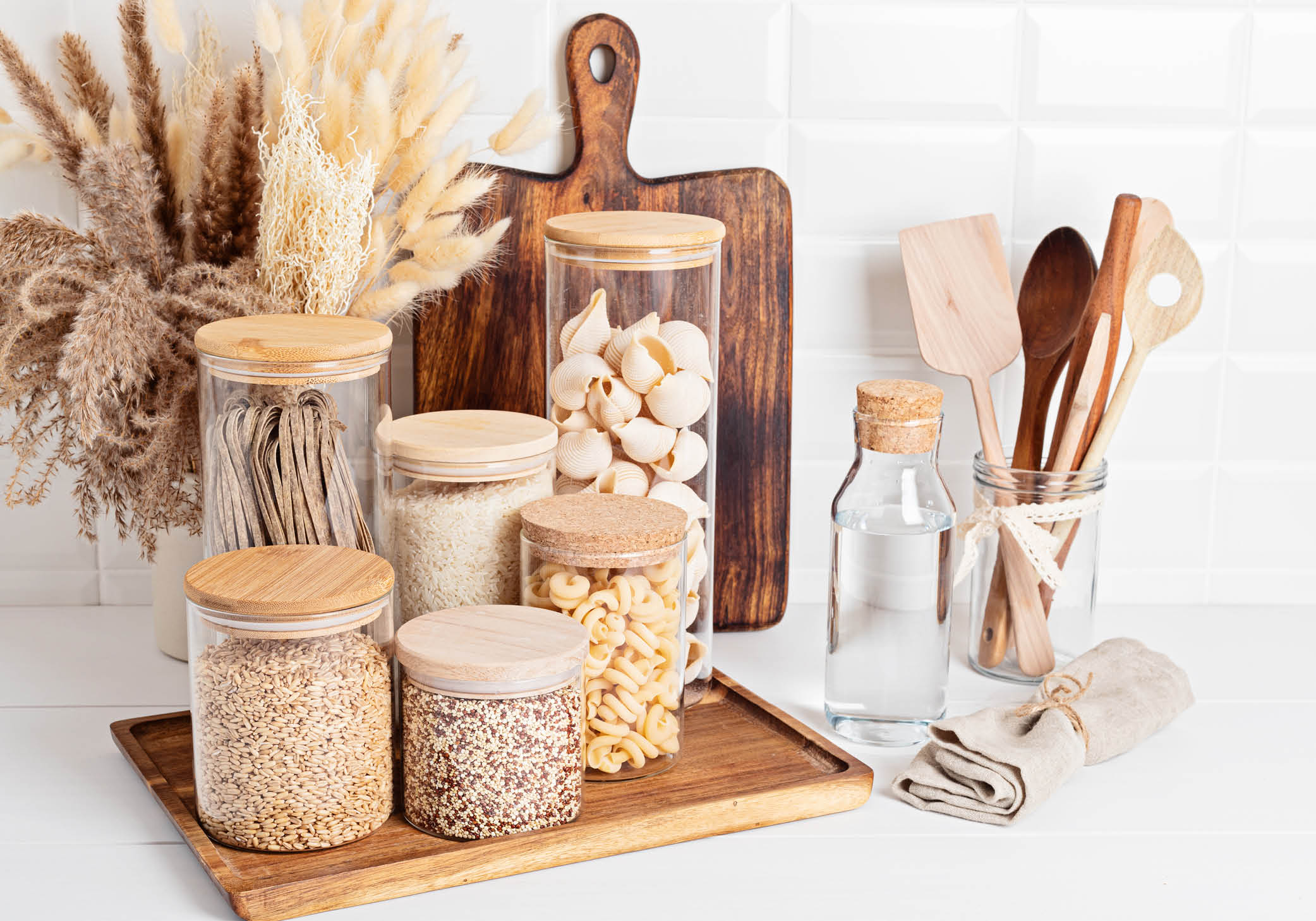An organized home is a happy home, and it makes for less stress and more productivity. You don’t have to buy a mountain of plastic storage containers to achieve an organized space. Those outdated dinosaurs are slowly being replaced with more efficient materials that look nicer and are better for the environment. Plastic bags are also being phased out in many areas – but not everywhere – so knowing about plastic bag recycling is of the utmost importance.
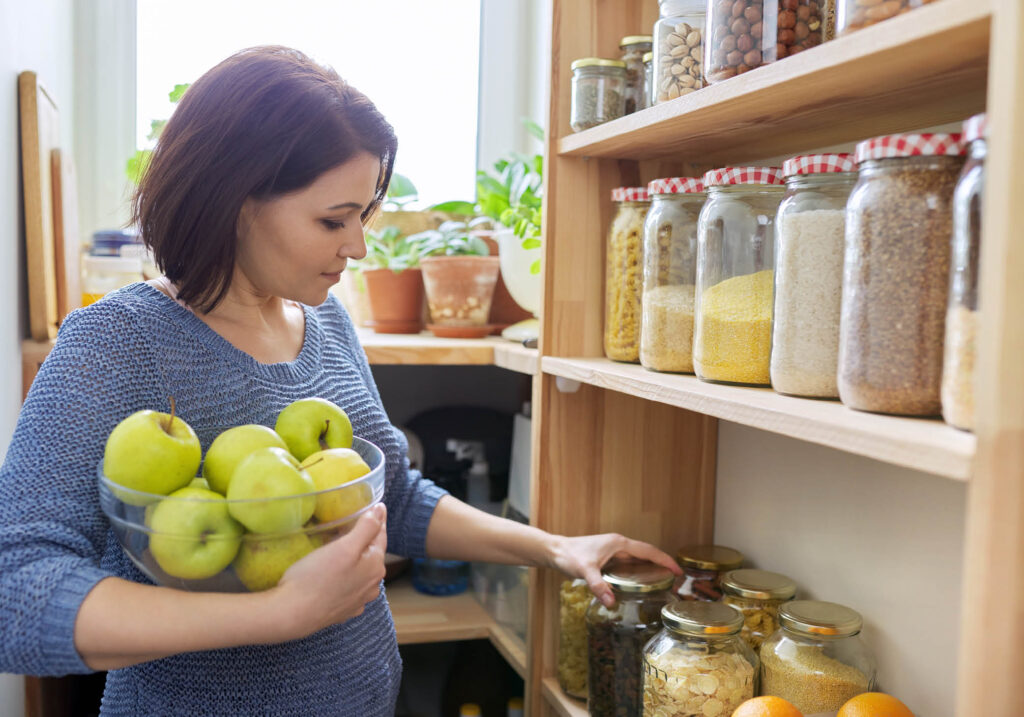
Plastic Bag Recycling
Plastic bags are known to be a common source of marine debris. Fish and birds mistake them for food, the outcome of which can be heartbreaking to see. These bags are not biodegradable, because they are produced with polyethylene, a non-renewable petroleum product.
It seems as though plastic bags won’t be replaced completely, so recycling them is necessary. Plastic bag recycling can save natural resources; the EPA estimates that every ton recycled saves about 11 barrels of oil. It is easy to do, and it takes very little time. Simply designate a collection bin in your home, and stuff in the bags. Be sure to pull out anything inside first, like receipts and food waste.
Many grocery stores and other places that use plastic bags have bins where you can deposit them when your bin at home is filled up. Some plastic bags may not be recyclable, though. Check for a #2 or #4 before dropping them at a collection site. If they have other numbers, you can reuse them until they are no longer of use.
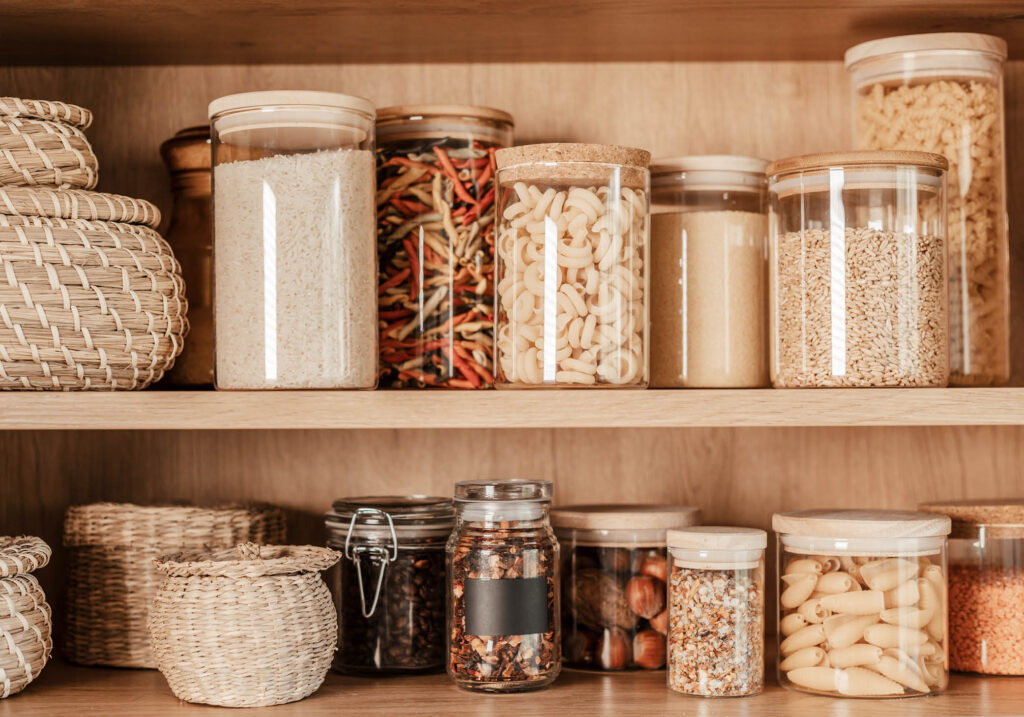
Organizing a Sustainable Kitchen
Kitchen countertops are often the messiest spots in the room, but you can keep things more streamlined and functional by using attractive containers. Keep items that you use often on an elegant tray or a wooden turntable. You can keep your spices here, and often-used utensils can be placed in a ceramic container on the tray. Also shop for pretty oil carafes, glass bottles with pumps for dish liquid and colorful bowls for fruit.
Place these decorative and functional items within arm’s reach so you don’t have to keep moving all over the kitchen. If the kitchen counter tends to be a drop spot for mail and deliveries, get a mail organizer (not plastic) to help with the sorting. When mail and deliveries arrive, they should be sorted through immediately.
Any junk mail, envelopes and packaging should then go right into the recycling bin. Important papers and items should be moved to their proper places right away. Getting into this habit will discourage you and your family members from leaving debris like this in the kitchen.
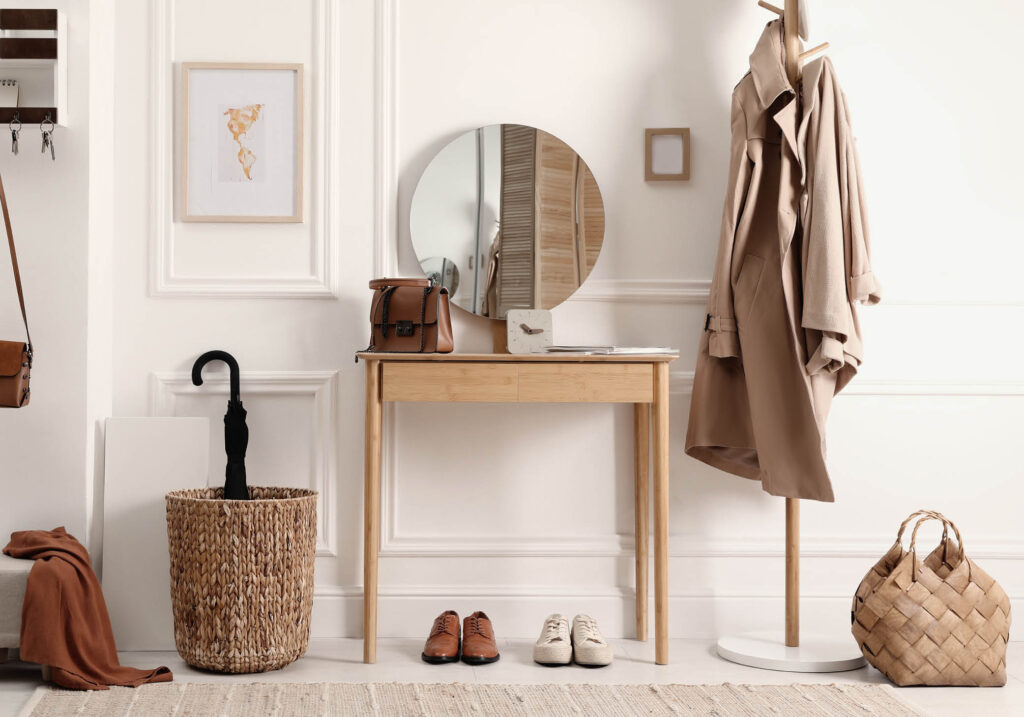
Sustainable Pantries and Closets
Plastic storage bins are useful, but there are more sustainable options available. If you already have plastic containers you might as well keep them until they are no longer usable. When you need new containers, shop for air-tight glass containers for your kitchen pantry. These are great for storing dry goods, like cereal, rice and flour. Look for ones with wide openings, and store them on lower shelves. Some of these are nice enough to keep on your counter, as long as you have enough room.
Many of the best closet organizers are made from materials other than plastic. Sturdy hanging canvas shelves save space, and they can be filled with shoes, sweaters, socks and other clothing. Wire dividers (these can also be used in kitchen pantries) keep stacks of clothing from falling onto each other, and they will keep shelves neat and shirts unwrinkled.
If your downstairs hallway closet is packed with coats, hats, gloves and other things you’ve stashed inside, you can move out-of-season outerwear to another closet if there is room. Another solution is to add a storage area by your entryway. You can hang up some wall hooks on the inside of the closet door, and also on the wall adjacent to your front door. Place a pretty wicker basket on the floor for shoes, or put an armoire with deep drawers, if it fits in the space.
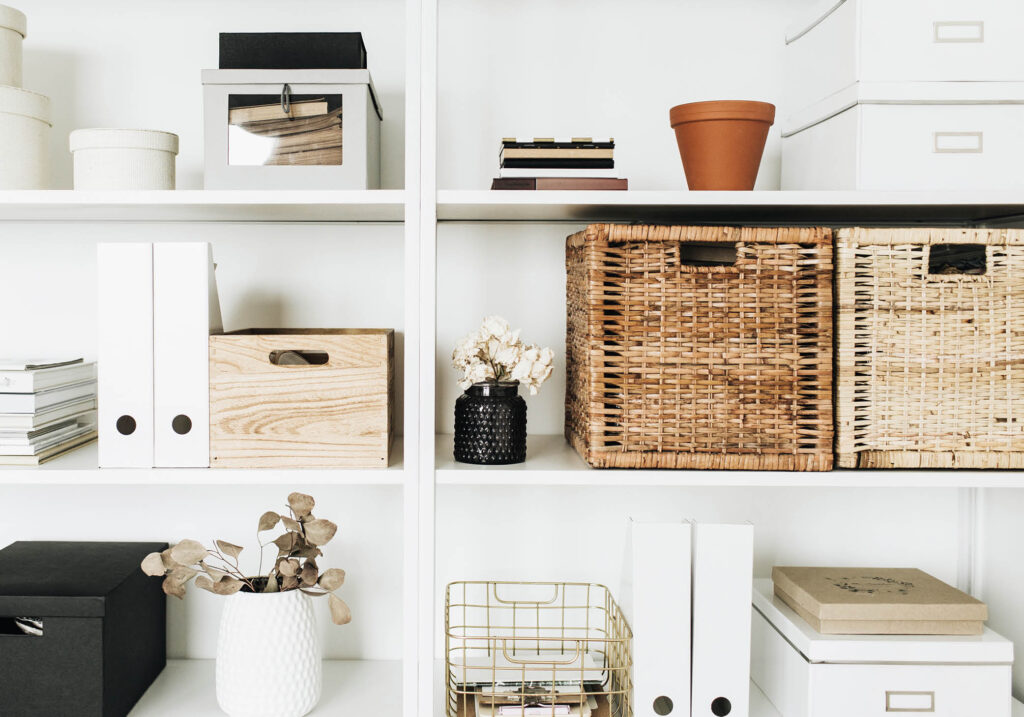
Sustainable Home Offices
An organized home office space is key to your efficiency, and keeping it sustainable is not complicated. Try to recycle whatever you can, from file folders to ink cartridges. Keep a cardboard box on the floor to collect paper and other recyclables, and remember to empty it often. Speaking of printing, many important documents do not even require hard copies anymore. They can be saved on computers, as long as the proper security protocols are followed.
Anyone who is spending a lot of time in a home office will benefit from a more comfortable atmosphere that does not include plastic storage containers. Wooden, cloth or metal storage boxes are not expensive, and they will last longer than plastic. Have some fun with your decorating – after all, you are the boss. Think outside the box, and pull in an overstuffed chair, build some shelves or even paint the walls in your favorite color.


